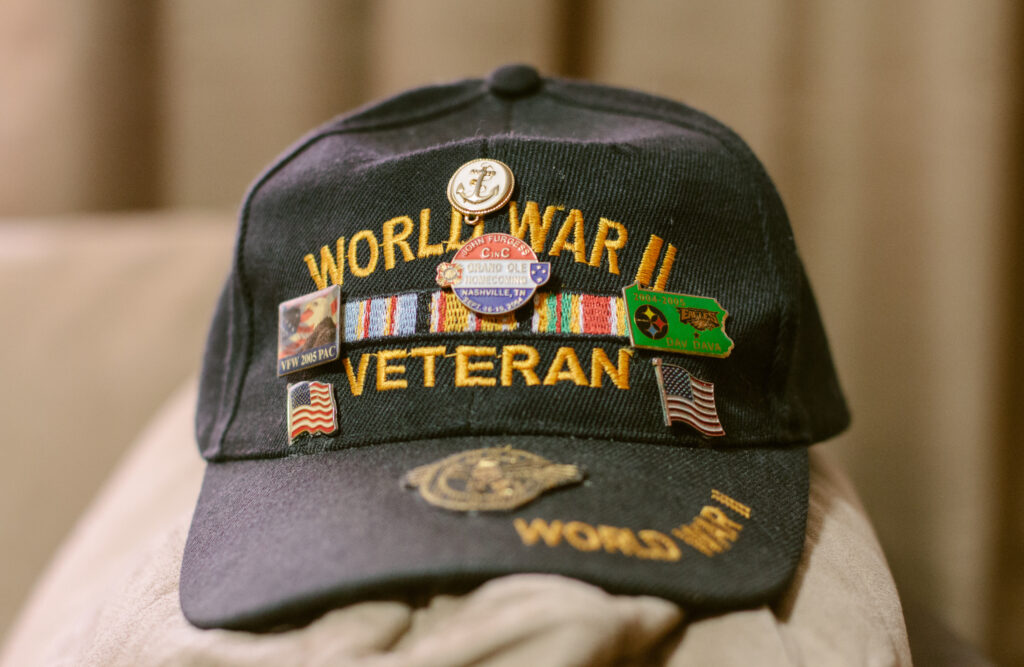Rare Match Will Bring WVU, Wake Forest Fans To Charleston
The WVU Men's Basketball Team will face off against the Wake Forest Demon Deacons as part of the 2025 Holiday Hoopfest on Dec. 6.
Continue Reading Take Me to More News
A new discussion series for veterans to discuss their experiences is seeking participants in West Virginia.
The series called, “Testament: Recovering Identity after War,” seeks multigenerational veterans to participate in discussing their varied experiences.
The program is co-directed by Marshall University professors Christina Franzen and Robin Conley Riner. The professors say they’re often in attendance to facilitate.
“I also think it helps because especially for our veteran discussion leaders, reaching out to other veterans is helpful to them,” Riner said. “Because they feel like they’re contributing and they’re helping other people, which I think is also a form of therapy for individuals.”
Veterans from any war and their friends and families are welcome at these discussions. Three discussion group series will be held this spring at Marshall University, Concord University and Bridge Valley Community College, each lasting five weeks.
Riner, an Anthropology professor and Franzen, a Classics professor, agree that talking about past conflicts and wars can help veterans come to terms with their present.
“There have been studies about people who have PTSD and have experienced trauma, who can process their experiences through foreign language and also through literature,” Franzen said. “So the Lucan Civil War happened. Well, it was written in the first century of our era, but it happened in the first century BCE. So it’s like a filter, or a bridge, as one of our students said, to help bridge his time in Iraq to now.”
Riner mentioned a phrase that has stuck with her from her work with veterans – “war comes home” – but it is comforting to veterans to know their feelings from war are not all that dissimilar to those soldiers of ancient times.
“War comes home for them individually, but it also comes home into their families and their social circles,” Riner said. “We want to provide a space where they can, you know, discuss the trauma that they’ve been through, but in a way that’s not so personal. This text sort of gives them a way to talk about similar experiences without having to directly reference their own traumatic experiences.”
By being able to identify with thousands of soldiers from thousands of conflicts, even thousands of years ago, these veterans feel less isolated.
“I think one of the things that reading about ancient war does for the veterans, it reminds them that their experiences are not unique to them. And so in that way, it helps them feel less isolated as well,” Riner said. “I also want to underscore that we think it’s important to provide non-therapeutic options for veterans to help with reintegration, because not everyone is comfortable in a therapeutic setting. So that’s one of the reasons we do this.”
To learn more, visit marshall.edu/testament/.